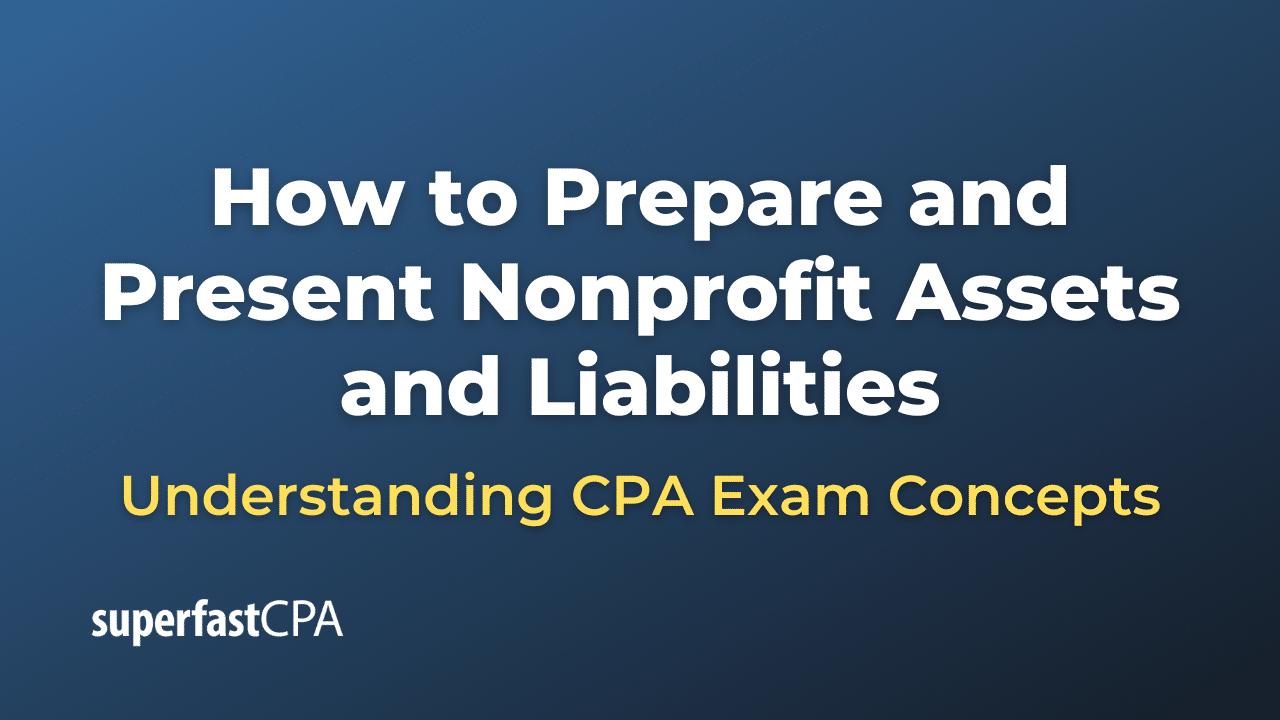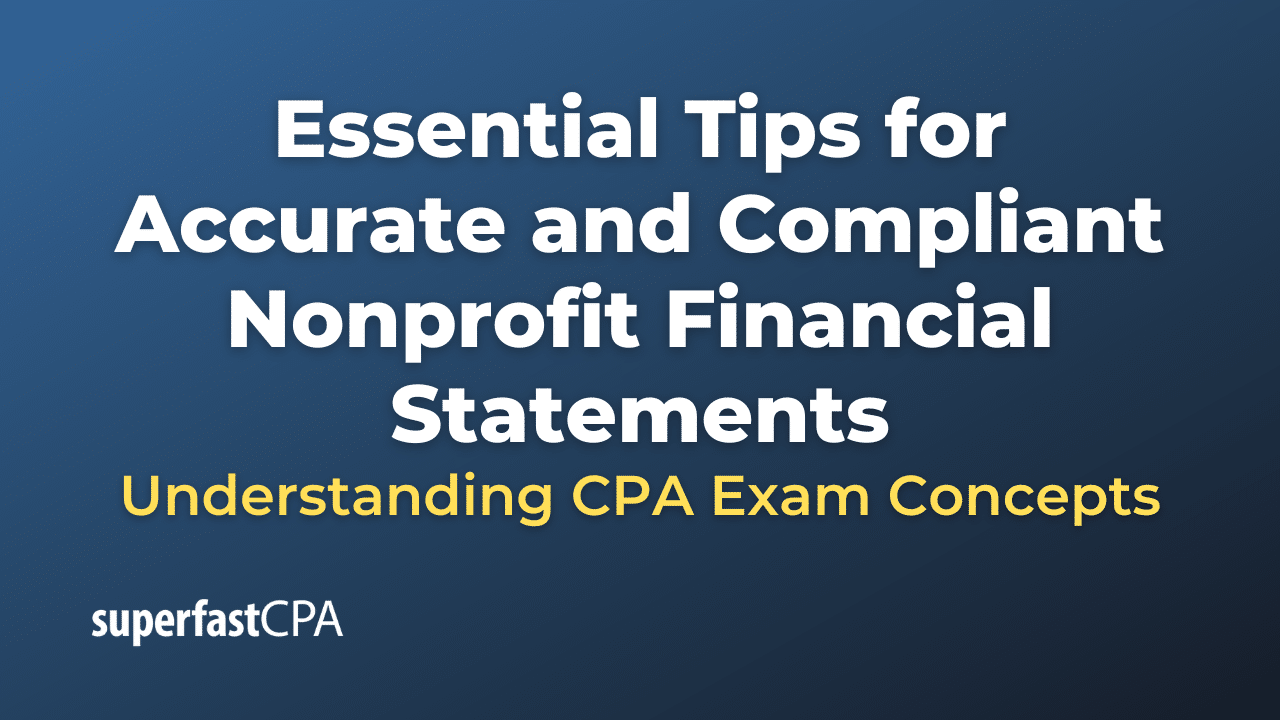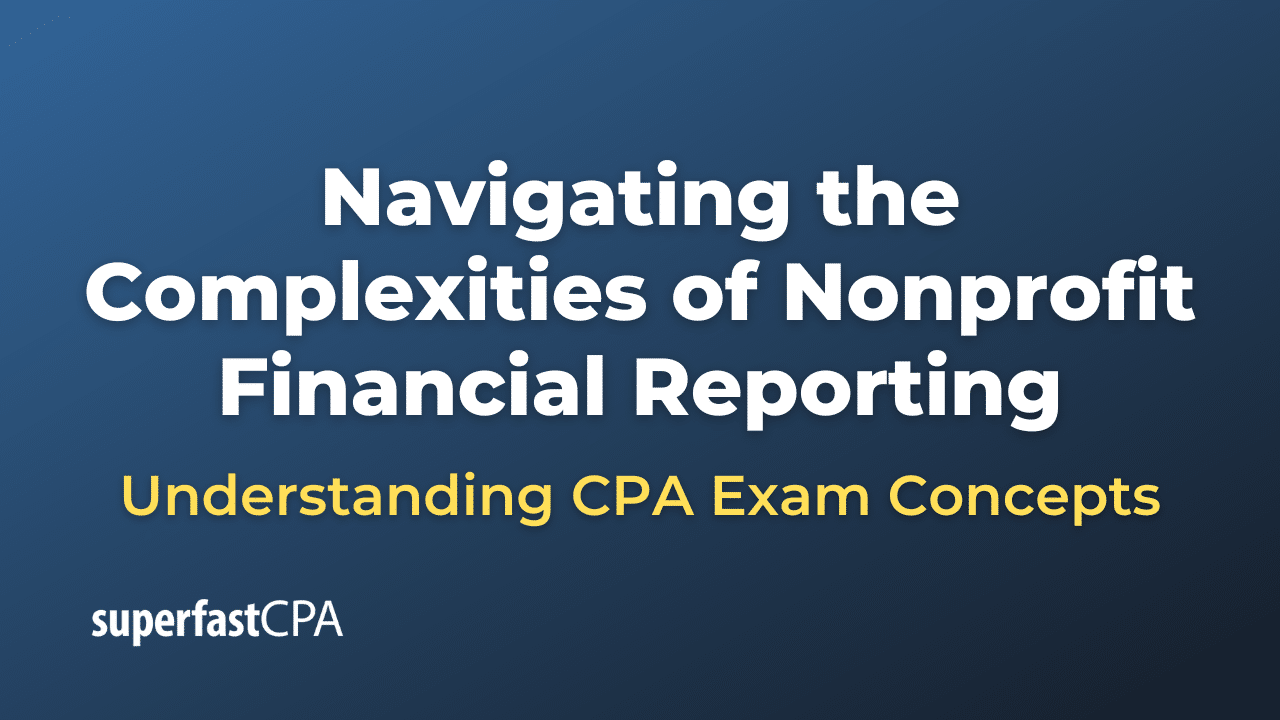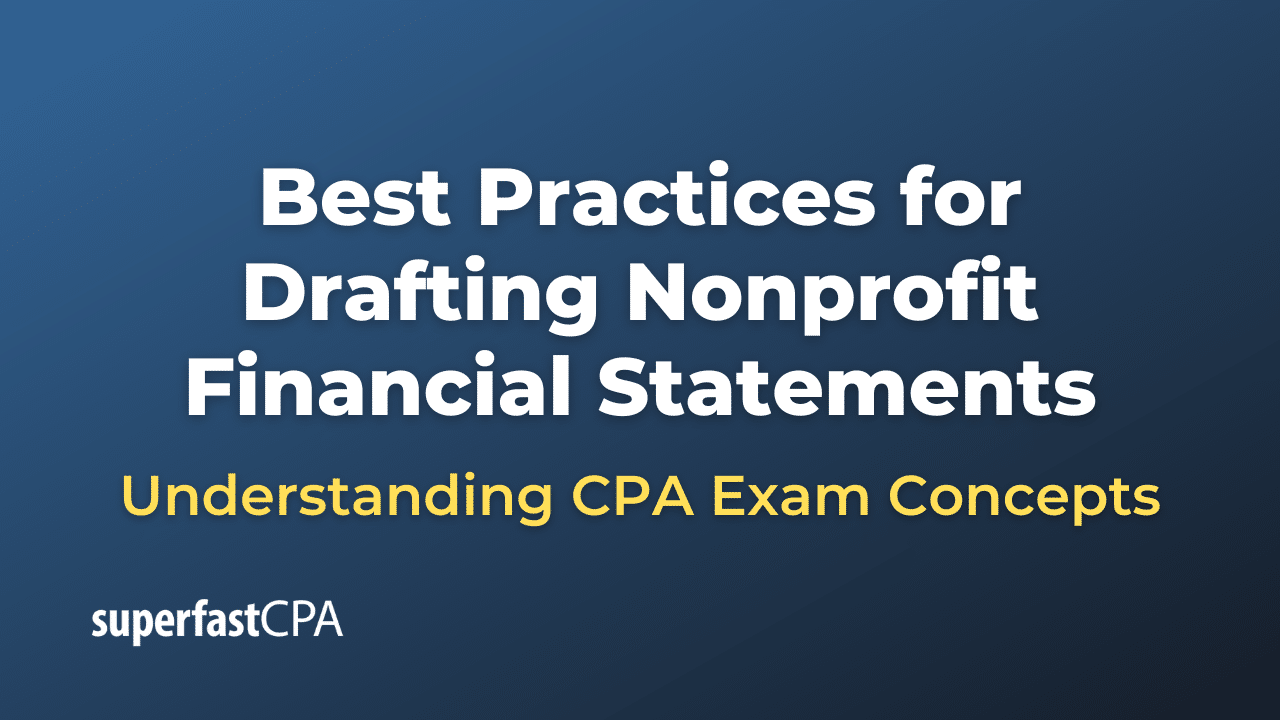Dunning Letter
A dunning letter is a notification sent by a business to a customer to remind them of an overdue payment. The primary goal of a dunning letter is to collect accounts receivable that are past due.
The process of sending these reminders is often referred to as “dunning,” and the letters typically become progressively more serious the longer the payment is overdue. The first dunning letter might be a gentle reminder of the overdue payment, while subsequent letters could outline potential consequences of non-payment, such as late fees, interest charges, credit reporting, or legal action.
Despite the potentially serious implications, the tone of dunning letters is typically professional and courteous, to maintain a positive customer relationship.
The exact content of a dunning letter may vary depending on factors like local laws, industry practices, and the nature of the relationship between the business and the customer. Some businesses may also make use of dunning calls, emails, or text messages in addition to or instead of letters.
Example of a Dunning Letter
Here’s a basic example of what a first dunning letter might look like:
[Your Company’s Letterhead]
Date: [Current Date]
[Customer’s Name]
[Customer’s Address]
[City, State, ZIP]
Dear [Customer’s Name],
We hope this letter finds you well.
According to our records, as of today’s date, your account has an outstanding balance of $500.00 from invoice #12345 dated [Invoice Date], which was due for payment on [Due Date].
We understand that oversights happen from time to time, and it could be that this payment has simply been overlooked. If you have already made this payment, please disregard this letter. If not, we kindly ask that you settle this payment at your earliest convenience.
You can make a payment by [Specify Payment Methods: Online, Check, Bank Transfer, etc.].
If you’re unable to pay the full amount at this time, or if you believe there’s an error with your account, please contact our Accounts Receivable department at [Contact Number] or [Email Address] at your earliest convenience so that we can assist you in resolving this matter.
Thank you for your immediate attention to this matter. We value your business and look forward to a continued business relationship.
Best Regards,
[Your Name]
[Your Title]
[Your Contact Information]
Please note that the tone and content of this letter is gentle and polite. It gives the benefit of the doubt to the customer, assuming that the missed payment could be an oversight, and offers assistance if there is a problem. Depending on the customer’s response (or lack of response), future dunning letters might take a more assertive tone, but they should still be professional and respectful.













